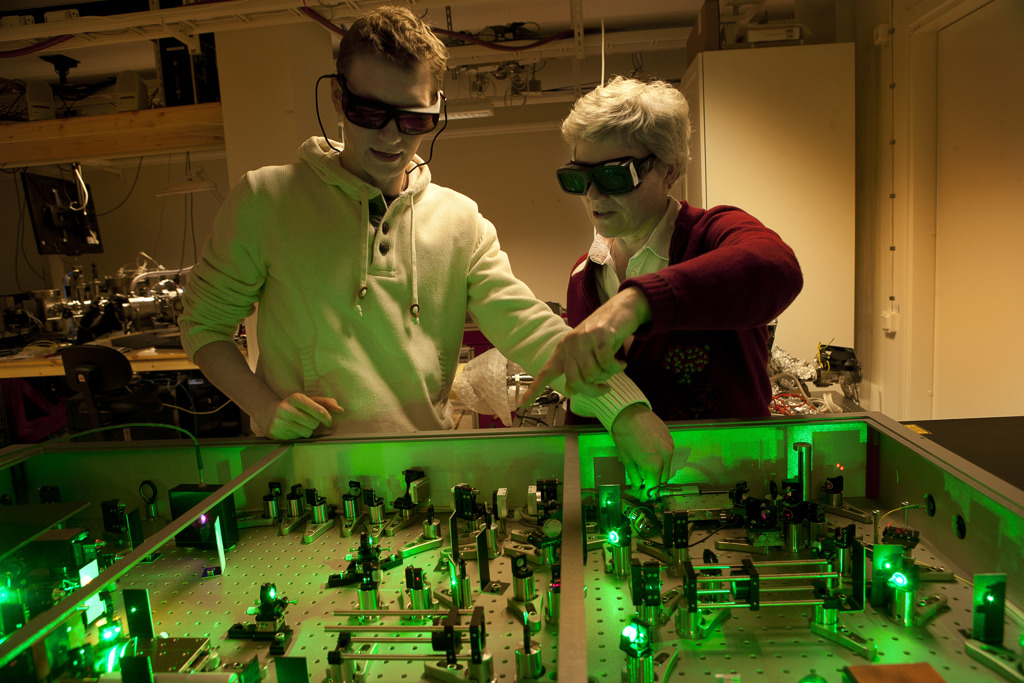2021 Max Born Award Winner
Get Involved
- Awards & Honors
- Community Engagement
- Early Career Professional...
- Education Outreach
- Public Affairs
- Local Section
- Students
-
Technical Groups
- Bio-Medical Optics
- Fabrication, Design and Instrumentation
- Image Acquisition, Processing. Display and Perception
- Optical Interaction Science
- Photonics and Opto-Electronics
- Quantum
- Sensing
- Technical Group Leadership Volunteers
- Technical Group Webinars
- Technical Group Search
- Technical Group Prizes
- Simulight Optics Challenge
- Volunteer
- Awards & Honors
- Community Engagement
- Early Career Professionals
- Education Outreach
- Public Affairs
- Local Section
- Students
-
Technical Groups
- Bio-Medical Optics
- Fabrication, Design and Instrumentation
- Image Acquisition, Processing. Display and Perception
- Optical Interaction Science
- Photonics and Opto-Electronics
- Quantum
- Sensing
- Technical Group Leadership Volunteers
- Technical Group Webinars
- Technical Group Search
- Technical Group Prizes
- Simulight Optics Challenge
- Volunteer
The Optical Society Names Anne L’Huillier the 2021 Max Born Award Recipient
The Optical Society is pleased to announce that Anne L’Huillier, Lund University, Sweden, has been selected as the 2021 recipient of the Max Born Award. L’Huillier, the first woman to receive the award since it was established in 1982, is honored for pioneering work in ultrafast laser science and attosecond physics, realizing and understanding high harmonic generation and applying it to time-resolved imaging of electron motion in atoms and molecules.
 Anne L’Huillier received her doctoral degree from the Commissariat à l’Energie Atomique (CEA) and l’Université Paris VI, France. She received the Doctor Honoris Causa from the Friedrich Schiller University, Germany, and from the Université Pierre et Marie Curie, France. She held a permanent research position at Commissariat à l’Energie Atomique (CEA), France before joining Lund University where she is currently a Professor in Atomic Physics.
Anne L’Huillier received her doctoral degree from the Commissariat à l’Energie Atomique (CEA) and l’Université Paris VI, France. She received the Doctor Honoris Causa from the Friedrich Schiller University, Germany, and from the Université Pierre et Marie Curie, France. She held a permanent research position at Commissariat à l’Energie Atomique (CEA), France before joining Lund University where she is currently a Professor in Atomic Physics.
L’Huillier is one of the pioneers in the research fields of high harmonic generation and attosecond science. In 1988, she participated in one of the first to demonstrate the highly non-linear process of high-order generation experimentally. She contributed to the theoretical understanding of these processes, including the strong-field atomic response and propagation in the nonlinear medium. She was also one of the first researchers to see the potential to use the extreme ultraviolet pulses that are generated through high harmonic generation to produce even shorter pulses. L’Huillier’s recent work using attosecond pulses has been focused on the fundamental process of photo-ionization. Using attosecond pulses, she has demonstrated that it is possible to probe the associated time delay in the photo-ionization process in many different systems.
She is a Fellow of OSA and American Physical Society and an international member of the National Academy of Science, and she has received wide recognition for her work, including the Blaise Pascal Medal in Physics, Carl Zeiss Research Award, L’Oréal-UNESCO Award for Women in Science. She is Doctor Honoris Causa at the Friedrich Schiller University, Germany, and at the Université Pierre et Marie Curie, France.
Established in 1982, the Born Award recognizes outstanding contributions to physical optics, theoretical or experimental. It honors Max Born, who made distinguished contributions to physics in general and optics in particular. It is endowed by the United Technologies Research Center, Physical Optics Corporation, and individuals including Joseph Goodman.
